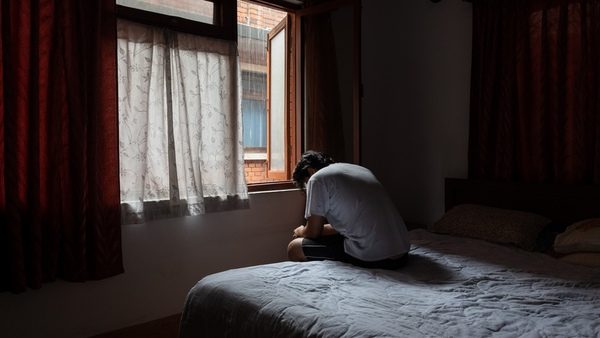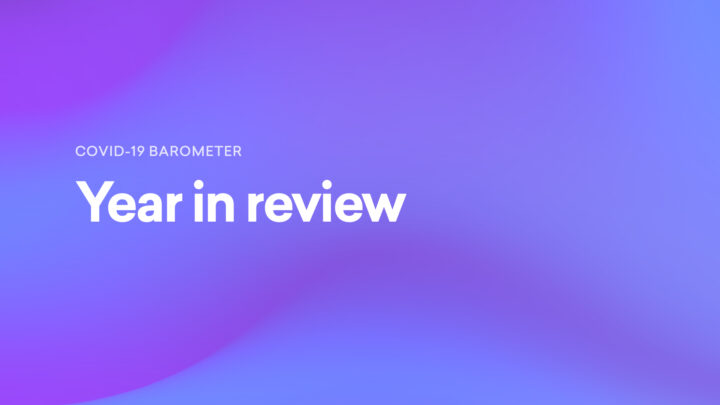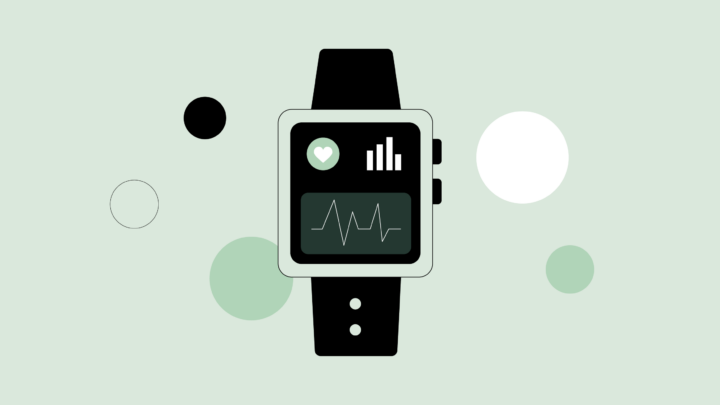
The daily repetitiveness of the pandemic, the increase in stress, the decrease in seeing friends and family—these scenarios may have contributed to an increase in alcohol consumption for many people. For some, the sudden disappearance of their commute home may have left them trying to find a new way to unwind after a busy day. For others, the lack of seeing friends for a glass of wine after work may have led them to start drinking more at home. The result is that for many, the boundaries have blurred.
According to CNN, “’The data we have shows that drinking is definitely up since the start of the pandemic—around a 14% increase in the number of drinking days per month,’ said Dr. Sarah Wakeman, medical director of the Substance Use Disorders Initiative at Massachusetts General Hospital.
For women, the numbers are even higher, Wakeman said. ‘There’s actually been a 41% increase in heavy drinking days among women since onset of the pandemic.’
Why would more women be turning to drink than men?
‘Studies have shown the complexities of balancing home, work and caregiving responsibilities during the pandemic has fallen disproportionately on women,’ said Dr. Leena Mittal, chief of the women’s mental health division in the department of psychiatry at Brigham and Women’s Hospital in Boston.
‘There’s also a lot of marketing of new alcohol products targeting women and especially moms,’ said Mittal, at a time when everyone is watching a lot more TV. Add to that the pre-pandemic ‘mom wine culture that normalized and, in some ways, even glorified’ alcohol, and the line between social drinking and at-risk drinking can quickly ‘become blurry,’ she said.
The pandemic has also blurred the boundaries between home and work for many women. Mittal tells the story of one of her female patients who walked home from work in pre-pandemic days.
‘She would have a 30- or 45-minute walk that served as exercise, it served as alone time, it served as stress relief,’ Mittal said. ‘She could transition from work to home responsibilities, and in the end, it gave her a buffer.’
But since the pandemic, those lines have blurred. In an effort to create a sense of space for herself, and for her mother who lived with her, Mittal’s patient began to turn to alcohol instead.
There is a link between alcohol intake and the risk of female breast cancer, said Dr. Sarah Wakeman, medical director of Mass General’s Substance Use Disorders Initiative.
‘After her kids went to bed, she would have a glass of wine or two with her mother. Sometimes it would be tea, but often it would be wine and it quickly became more than they had been drinking in the past,’ Mittal said. ‘And I think this is a really common story.’
Coping is even harder for those who were already struggling with alcohol and substance abuse before the pandemic began, experts stress.
‘It’s like the whole society is on fire, including those who have known mental health and substance use disorders,’ Mittal said.
A higher level of drinking in women is worrisome, Wakeman said, because of the link between alcohol and the risk of female breast cancer.
‘Any amount of drinking does increase your risk of breast cancer, and that is a unique risk among women,’ Wakeman said. ‘There really is no safe level of alcohol consumption when it comes to breast cancer.’
There are many more consequences from drinking too much, for both women and men. Accidents and injuries are associated with drinking, even moderate amounts. Domestic violence is often fueled by alcohol, as is child abuse. It also plays a role in myriad health concerns.
‘You could have health-related consequences from alcohol use outside of addiction,’ Wakeman said. ‘Like high blood pressure, acid reflux, liver disease and liver injury, which is something we’re seeing a huge increase in, particularly among younger people and women in a way that we’ve never seen before.’
Not to mention the toll on mental health, including depression, anxiety and more.
‘A number of studies have shown that increased alcohol use in the pandemic has been associated with increased mental health symptoms, even in people who didn’t have prior diagnoses or prior mental health needs,’ Mittal said.”
Sermo physicians agree with these findings. In a recent poll of 600+ global doctors, 77% say their patients have increased alcohol consumption since the start of the pandemic. And almost 40% of doctors say they have found themselves drinking more than they did pre-pandemic.
90% of physicians are concerned by the health implications of increased alcohol consumption, such as cancer, high blood pressure, and mental health issues
79% of doctors agree that balancing home, work, and caregiving responsibilities during the pandemic has fallen disproportionately on women—a factor that may be connected to the rise in alcohol consumption.
When asked why people are drinking more now, here’s what the doctors had to say:
- 67% said stress
- 66% said anxiety
- 45% said loneliness
- 42% said boredom
- 25% said increased alcohol consumption
Here’s more of what Sermo’s physicians have to say on this topic—in their own words:
The pandemic has caused irreversible changes in the population, not only alcohol consumption, suicides, drugs, etc.
General Practitioner, Venezuela
The impact of the pandemic on people’s habits is overwhelming.
Pediatrics, Venezuela
[The] Pandemic has increased alcoholism due to stress and depression…[an] escape from reality.
General Practitioner, Columbia
Alcohol consumption is often used by the patient to evade reality.
Psychiatry, Venezuela,
I believe that the real effect of the increase in alcohol consumption will not be seen now as much as in a few years due to the late effects that this fact causes. In addition, day by day, alcohol becomes more and more accepted by society.”
General Practitioner, Columbia
Prolonged isolation has led to significant mental disorders, which affect the daily practices of patients in this pandemic.
General Practitioner, Mexico
It’s like the whole society is on fire, including those who have known mental health and substance use disorders.”
Neurosurgery, Turkey
Everyday thousands of Sermo member physicians from diverse backgrounds and experiences exchange knowledge with each other. Sermo is the original medical social network that empowers today’s physicians. Over 1 million fully verified physicians across more than 150 countries come to our platform to talk with peers, participate in paid medical studies, solve challenging patient cases, contribute to the world’s largest database of drug ratings – and enjoy a few laughs along the way.
Interested in more? Check back any time and follow us on Facebook, Twitter, and LinkedIn for the latest and greatest in physician insights.
Are you a physician or healthcare practitioner?
Explore the many benefits of joining Sermo’s medical community and sign up for free today.














